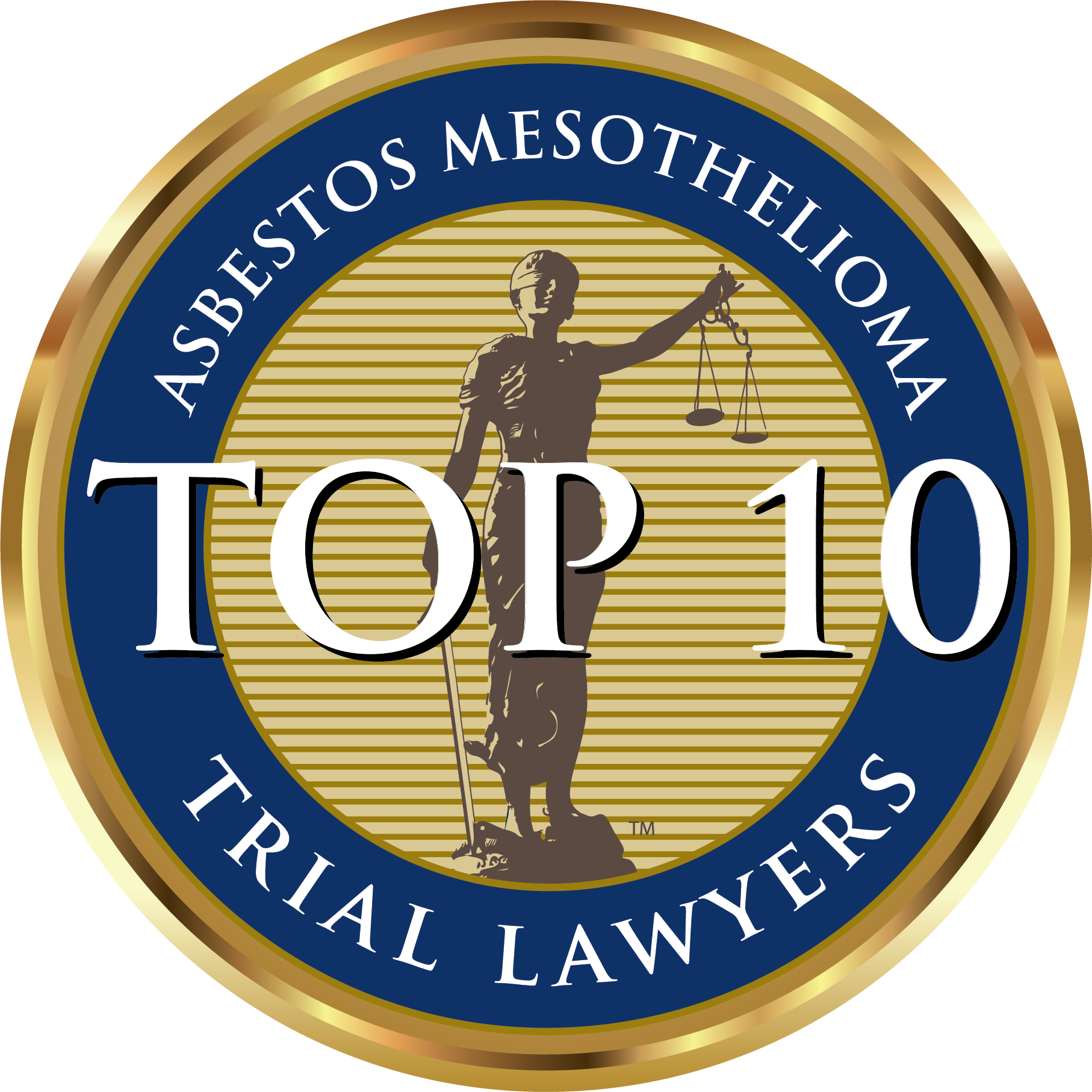
If you have been diagnosed with mesothelioma or another form of cancer and are undergoing treatment, you have probably come across the phrase “chemo brain.” Outside (and sometimes inside) cancer care communities, there is a lot of uncertainty about what this actually means. Let’s look at the definition of this term, what causes the phenomenon known as “chemo brain,” and some methods to help you or a loved one cope with this frustrating issue.
Defining “Chemo Brain”
Even if you are not already familiar with the term “chemo brain,” its meaning is easy to guess. Chemo brain is a common side effect of chemotherapy which causes patients to suffer from various cognitive issues. Although it is often a joke cancer patients use amongst themselves, authorities including the NIH National Cancer Institute, the American Cancer Society, the Mayo Clinic, Cedars Sinai Medical Center, and the Cleveland Clinic recognize the legitimacy of this very real problem.
The effects of chemo brain are often experienced in one or more of the following ways:
- Feelings of cloudiness, fogginess, or dullness
- A short attention span
- Trouble remembering things that are usually easily remembered
- An inability to learn or retain knowledge
- Forgetting details you know, like the names of common objects
- Slow thinking or sluggishness
- Disorganization
- Confusion
- Tip-of-the-tongue (TOT) phenomenon
- An inability to multi-task
- Difficulty concentrating
- Forgetting conversations you had with other people
- Taking an unusually long time to complete tasks
- Oscillating mood states
- Losing or misplacing objects
Causes of Chemo Brain: Not Just Chemo
Despite its name, chemo brain can present in mesothelioma patients who have never undergone chemotherapy. It is most often associated with cancer patients because it can be brought on by chemo and other cancer treatments, complications related to a cancer and its treatments, or even the cancer itself. But it is not exclusively caused by chemotherapy. In fact, it is not fully clear why chemo brain happens or what causes it. There are many possible contributing factors, but the most directly cancer-linked causes include:
- Chemotherapy
- Cancer, particularly brain cancer or cancer which metastasizes to the brain
- Radiation therapy
- Hormone therapy
- Immunotherapy
- Prescription drugs used in treatment
- Surgery
- Pain resulting from treatments
However, cancer patients may find they experience some form of mental dullness or impairment not as a direct result of the cancer or its treatment, but as an effect of another factor, either related or unrelated. Chemo brain-like symptoms can be compounded by or attributed to any one of the following causes which may exist in conjunction with a cancer and its treatment:
- Emotional distress
- Insomnia
- Malnutrition
- Substance abuse
- Diabetes
- High blood pressure
- Anemia
- Infection
- Hormonal changes
- Menopause
- Thyroid problems
How Long Does Chemo Brain Last?
Chemo brain generally disappears roughly nine months to a year after a patient completes their chemotherapy treatment. Only a minority of cancer patients documented long-term effects, with about 10-20% of patients reporting symptoms lasting longer than a year. But this somewhat enigmatic phenomenon seems to be unique to each individual, and many who suffered from chemo brain were completely free of symptoms six months after their final chemo treatment.
The severity of chemo brain can vary drastically—from forgetting an acquaintance’s name to being unable to work and applying for disability benefits. If you realize you are experiencing cognitive problems, make sure you speak with your cancer care physician to keep them informed of your symptoms. Your doctor may be able to recommend effective coping mechanisms as well as run tests to rule out any undiscovered issues. Keeping an active list of coping methods for yourself or a mesothelioma patient close to you can be greatly beneficial in fighting the aggravating effects of chemo brain.
Tips for Fighting Chemo Brain
If you are a mesothelioma patient struggling with the effects of chemo brain, you may feel like you have lost the connection to your own brain, and have no control over where it goes or what it does. When your body is fighting cancer, it can be extremely frustrating to feel as though your mind is fighting a battle as well. People who have loved ones who are mesothelioma patients see firsthand the challenges which those suffering from chemo brain face. Whether you are a cancer patient or the loved one of a cancer patient, there are things you can do to help. By being organized, proactive, positive, and perceptive of changing mental states, you can make great headway in minimizing the impact of chemo brain and taking back control in your or your loved one’s cognitive life.
Managing symptoms can be as simple as making a few adjustments to your daily habits, behaviors, patterns of thinking, and ways of handling tasks. The following tips are helpful for many people experiencing chemo brain:
- Get a notebook and track your symptoms. Write down things you want to tell your doctor.
- Have a regular, easily-maintained routine you follow daily.
- Make notes and keep schedules so you don’t forget appointments or things to do.
- Plan your activities around the times of the day when you feel clearest and most energetic.
- Try to keep distractions to a minimum whenever possible.
- Avoid situations in which you know you will be overstimulated.
- Allow yourself to focus on one task at a time.
- Rest whenever you feel yourself growing tired.
- Label objects and keep items in their designated places around the house.
- Don’t be afraid to ask for help when you need it.
- Keep a good attitude and focus on humor over frustration.
- Partake in relaxing, low-stress activities like walking, reading, gardening, meditation, and yoga.
- Try to get a good night’s sleep every night.
- Eat a balanced, nutrient-rich diet with plenty of vegetables.
- Steer clear of alcohol and drugs which can cause cognitive impairment.
- Stimulate your mind with puzzles, brain games, or by learning something new.
- Seek the support of friends, family, counselors, and support groups.
Get Advice from a Mesothelioma Lawyer with Experience
Chemo brain is only one of the many issues mesothelioma patients are forced to cope with on a daily basis. Legal matters should not be one of those issues. If you received a mesothelioma diagnosis and are unsure about your legal options, a mesothelioma lawyer can walk with you through the process of understanding and defending your rights. Reach out to a member of Frost Law Firm, PC to schedule a consultation with one of our attorneys.























